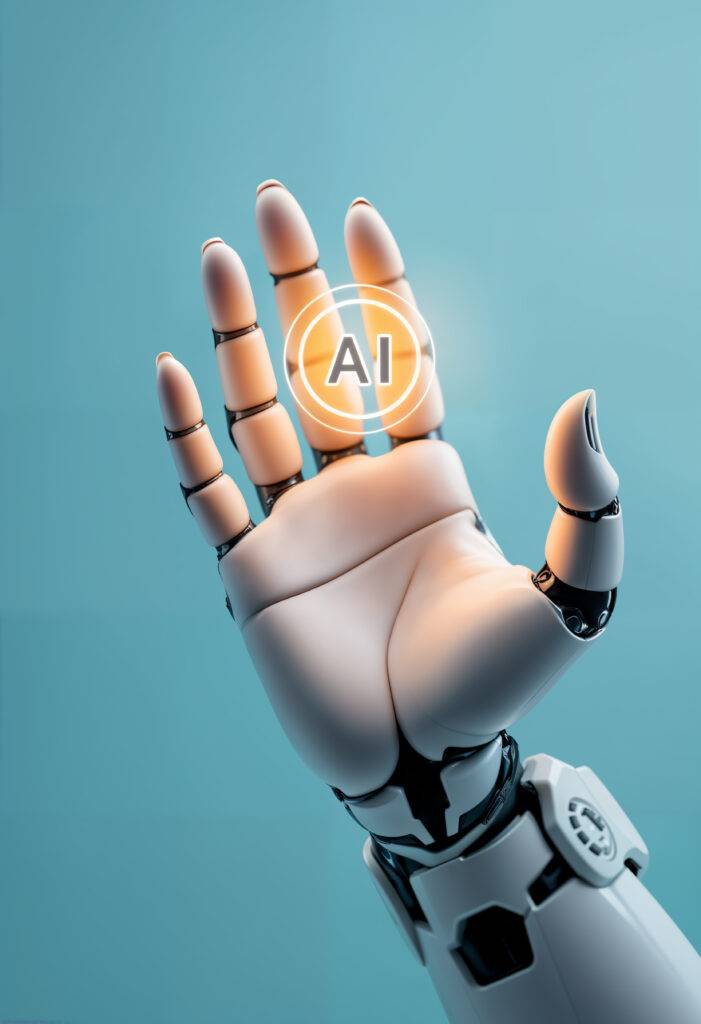Digital transformation is fundamentally reshaping the workplace, redefining roles, and introducing new paradigms of collaboration and productivity. As organizations integrate technologies such as artificial intelligence (AI), automation, and cloud computing, the nature of work is evolving rapidly.
1. Remote and Hybrid Work Models
The shift towards remote and hybrid work has been accelerated by digital tools like Zoom, Slack, and Microsoft Teams. These platforms enable seamless communication and collaboration, allowing employees to work from diverse locations while maintaining productivity. This flexibility not only enhances work-life balance but also broadens the talent pool for employers.
2. Emergence of New Roles
Digital transformation has led to the creation of new professions such as data scientists, AI specialists, cybersecurity experts, and digital marketers. These roles require a blend of technical skills and digital literacy, emphasizing the need for continuous learning and adaptation.

3. Automation and AI Integration
The integration of AI and automation is transforming industries by automating repetitive tasks, thereby increasing efficiency. For instance, Deloitte’s Zora AI platform features intelligent digital workers capable of completing tasks with minimal human involvement. While this enhances productivity, it also necessitates reskilling for roles that require human judgment and creativity.
4. Continuous Learning and Upskilling
As technology evolves, continuous learning becomes imperative. Employees must upskill to stay relevant, focusing on areas like data analysis, digital communication, and cybersecurity. Organizations are investing in training programs to equip their workforce with the necessary competencies for the digital age.
5. Data-Driven Decision Making
Data has become a critical asset in decision-making processes. Companies leverage analytics to gain insights, improve customer experiences, and drive innovation. Professionals skilled in data interpretation are increasingly valuable across various sectors.
6. Cybersecurity and Privacy Concerns
With increased digitization comes heightened concerns about data privacy and cybersecurity. Organizations must implement robust security measures and ensure compliance with regulations to protect sensitive information. This underscores the growing demand for cybersecurity professionals.
7. Impact on Workplace Culture
Digital transformation influences workplace culture by promoting flexibility, collaboration, and inclusivity. However, it also presents challenges such as maintaining employee engagement in remote settings. Companies are adopting strategies to foster a cohesive culture, including virtual team-building activities and transparent communication channels.
Conclusion
Embracing digital transformation is no longer optional but essential for organizations aiming to thrive in the modern economy. By adapting to new technologies, fostering continuous learning, and addressing emerging challenges, businesses can create resilient and agile work environments. The future of work is dynamic, and proactive engagement with digital transformation will be the key to sustained success.




